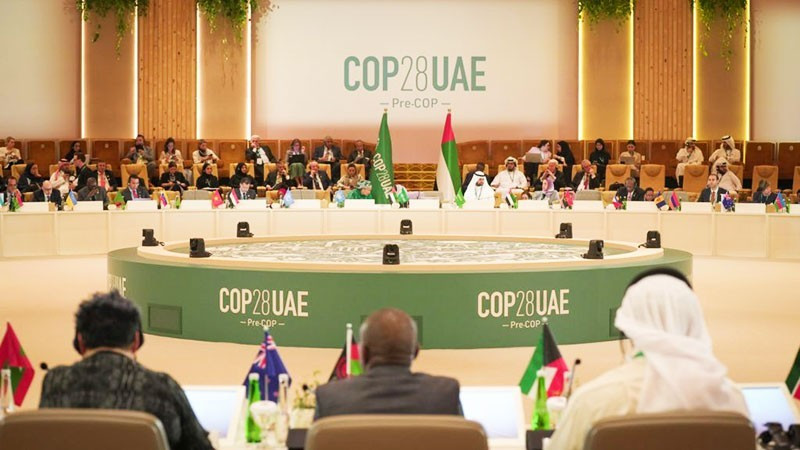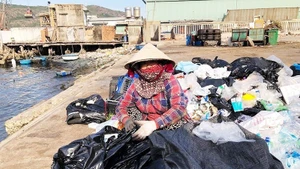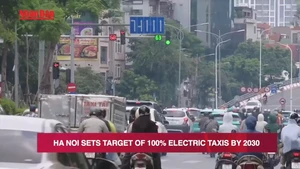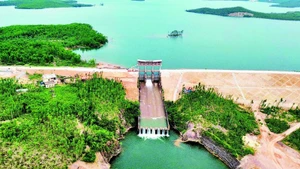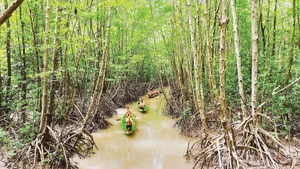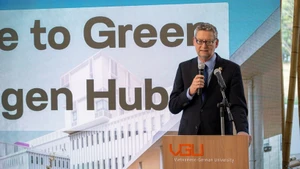In 2023, the world has suffered serious damage from extreme weather events, from wildfires in Hawaii in the US and devastating floods in eastern Libya to drought in southern Iraq.
Ahead of COP28, UN Climate Change Executive Secretary Simon Stiell emphasised that the climate crisis is hitting every country and every economy; no country alone can fix it.
“Now everyone is on the frontlines. No country is immune,” he stressed.
According to the UN, the international community has not been on track to achieve the goals of the Paris Agreement on climate change. UN reports have said that although plans to reduce greenhouse gas emissions and accelerate the transition to clean energy have been promoted, they are still not enough.
2023 is the end of the first round of negotiations on the Paris Agreement’s Global Stocktake. The "gaps" in the fight against climate change outlined in this document urge countries to set new goals and commitments.
More than 70,000 delegates, including heads of state, heads of government, leaders of non-governmental organisations, businesses, and youth groups, are attending activities held within the framework of COP28 in Dubai, the United Arab Emirates (UAE).
This shows the international community's special attention to the most important multilateral climate change event of the year.
As the host of COP28, the UAE chose the main goals of the conference, including fast-tracking a just and orderly energy transition; fixing climate finance; focusing on people, nature, lives and livelihoods; and fostering inclusivity. The UAE hopes to make COP28 the most comprehensive climate conference ever.
COP28 continues to push parties to sharply reduce their greenhouse gas emissions and achieve a net-zero global economy by mid-century, through the development of standards and measures to reduce emissions and ensure implementation.
The parties will also continue to discuss gradually eliminating fossil fuels and promoting energy transition to limit the world’s average temperature rise to 1.5°C above preindustrial levels.
Financing has long been a focus of climate conferences. However, the goal to mobilise 100 billion USD per year to support developing countries to cope with climate change failed in 2020.
UN Climate Change Executive Secretary Simon Stiell commented that the reality is, without more finance flowing to developing countries, a renewables revolution will remain a mirage in the desert.
The “Loss and Damage” Fund for Vulnerable Countries hit hard by climate disasters was established at COP27 in Egypt. The fund’s operating mechanism and resource contribution are among the topics of interest to all parties at COP28.
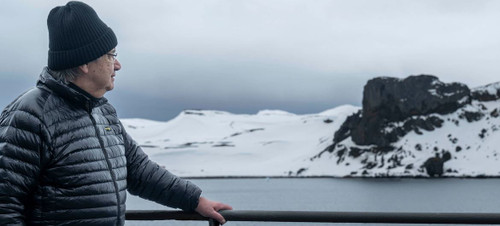 |
| UN Secretary-General António Guterres looks across the ice sheet at Frei Antarctica base. (UN Photo) |
UN Secretary-General António Guterres has called for a global pack to increase the capacity, efficiency and accessibility of renewable energy due to concerns about the acceleration of melting of ice in Antarctica.
Before COP28, the European Union (EU), the US and the UAE, along with more than 100 countries, supported an agreement to triple global renewable energy capacity by 2030.
In November, the US and China also agreed to pursue efforts to ramp up renewable energy and accelerate the substitution for coal, oil and gas generation. The climate agreement between two of the world's largest greenhouse gas emitters is expected to facilitate the negotiations in Dubai.
COP28 is an opportunity to turn plans into action, creating a breakthrough in efforts to respond to climate change.
In his opening plenary speech, the President of COP28, Dr. Sultan Ahmed Al Jaber emphasised that there is no time to waste, adding that all parties should be prepared to deliver a high-ambition decision in response to the global stocktake that reduces emissions while protecting people, lives and livelihoods.
